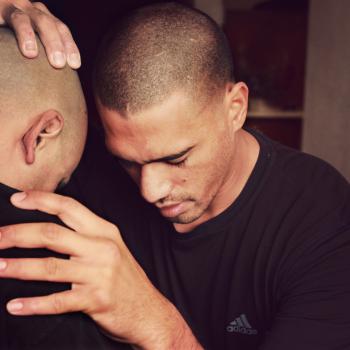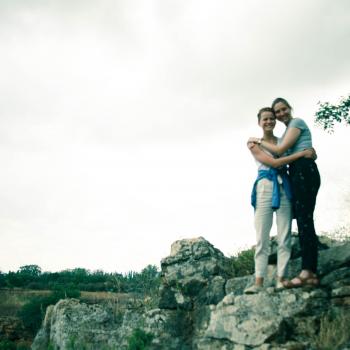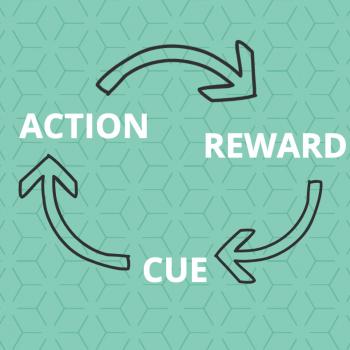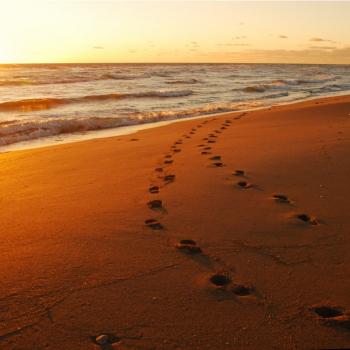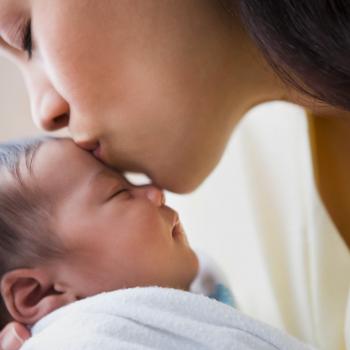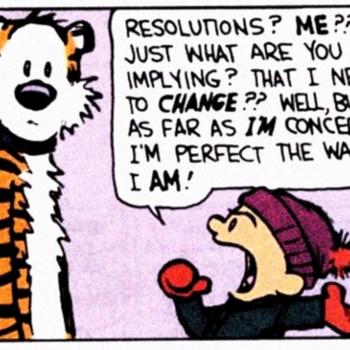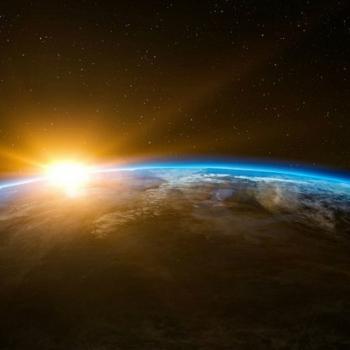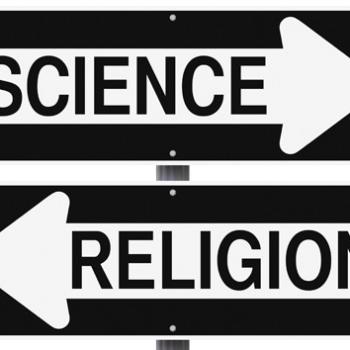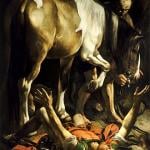Throughout the gospels, Christ touches the sick as he heals them. From men with leprosy to Peter’s mother in law, a 12-year-old girl in Capernaum to the blind men of Jericho, Christ chooses to lay his hands on the suffering. What do these moments tell us about Christ as a healer? And what do these narratives of touch reveal about human nature? Interpretations of Christ’s healing touch First, we’re going to identify two false or inadequate interpretations of these moments.... Read more

